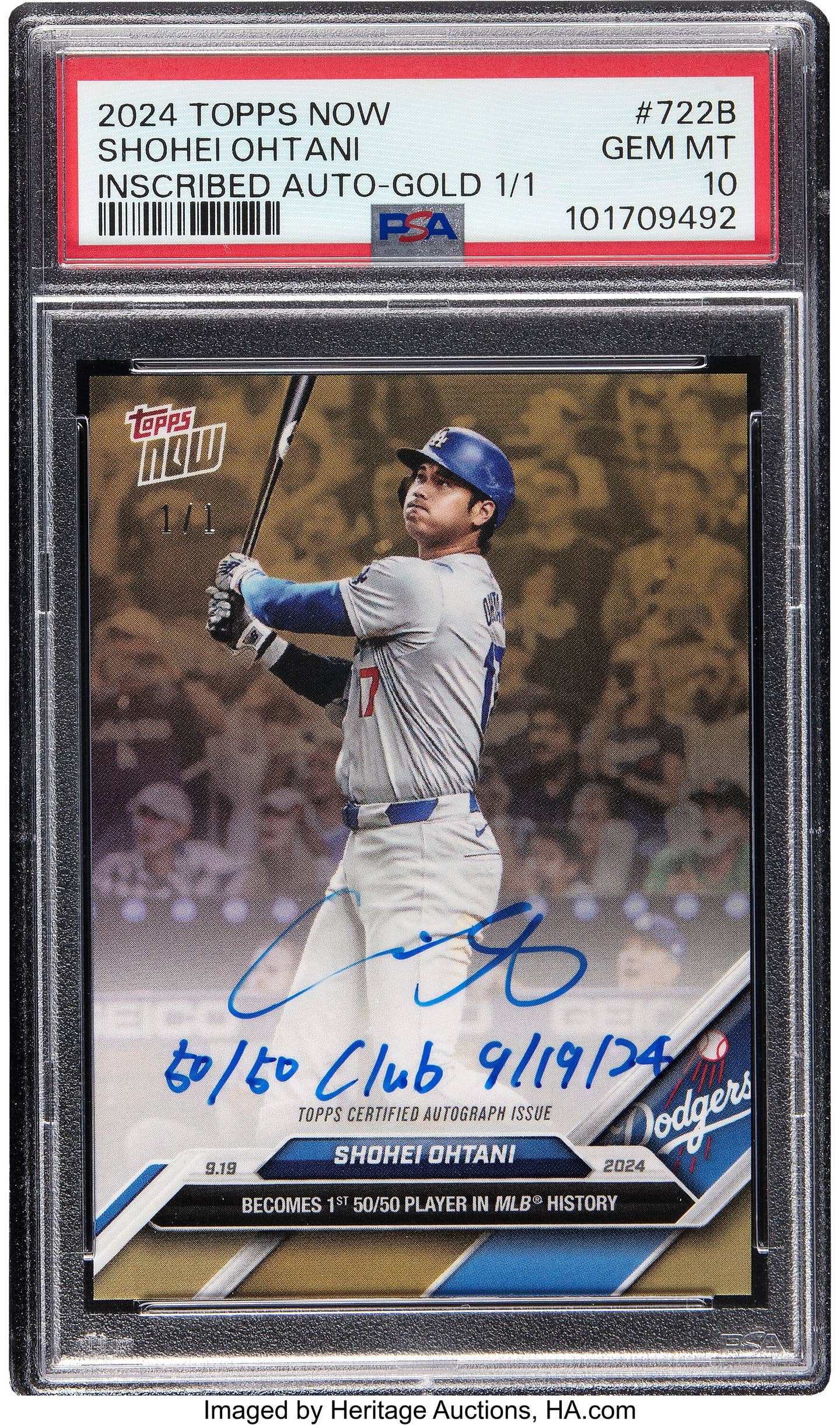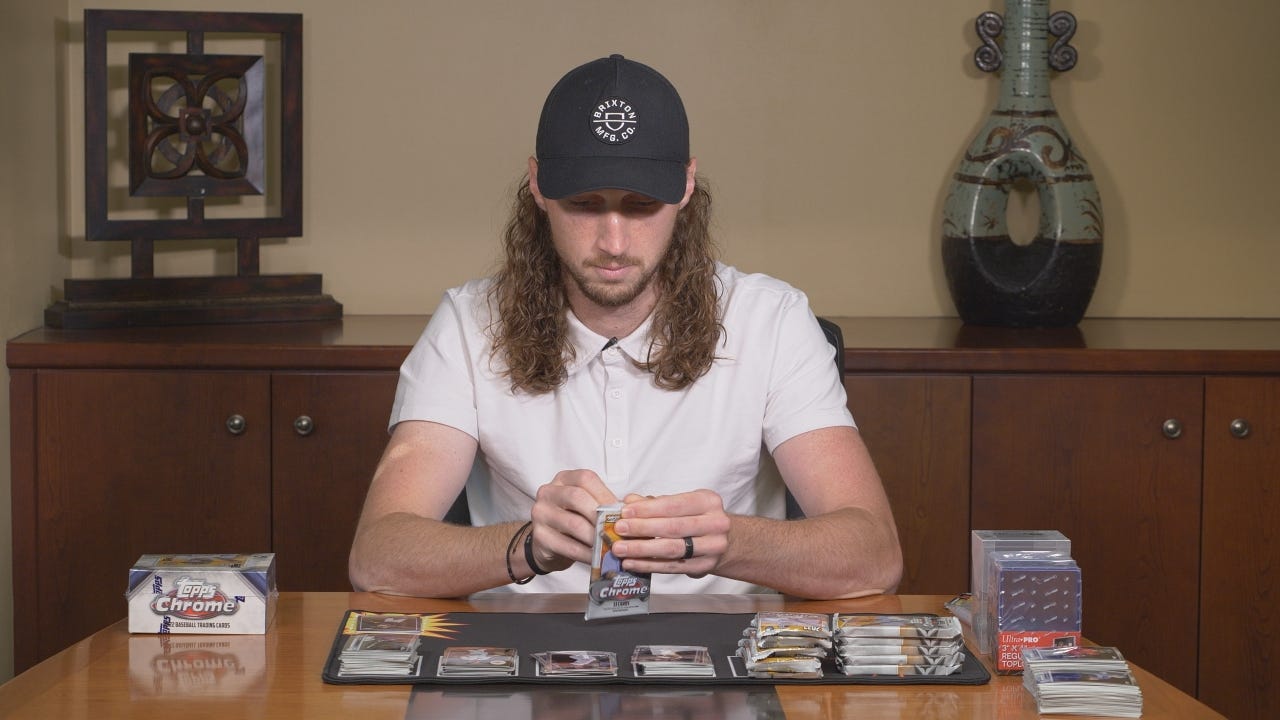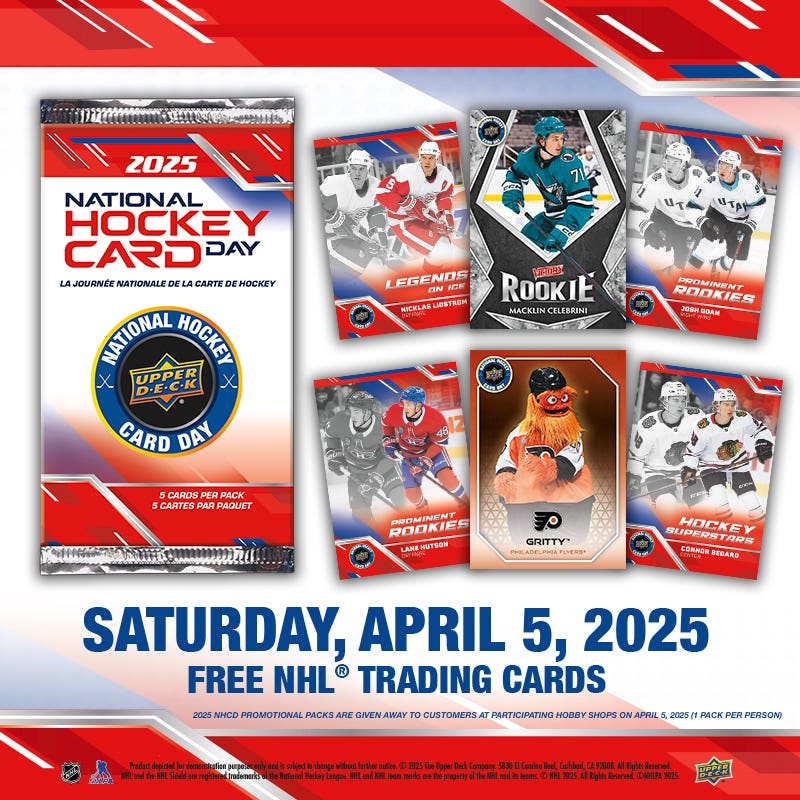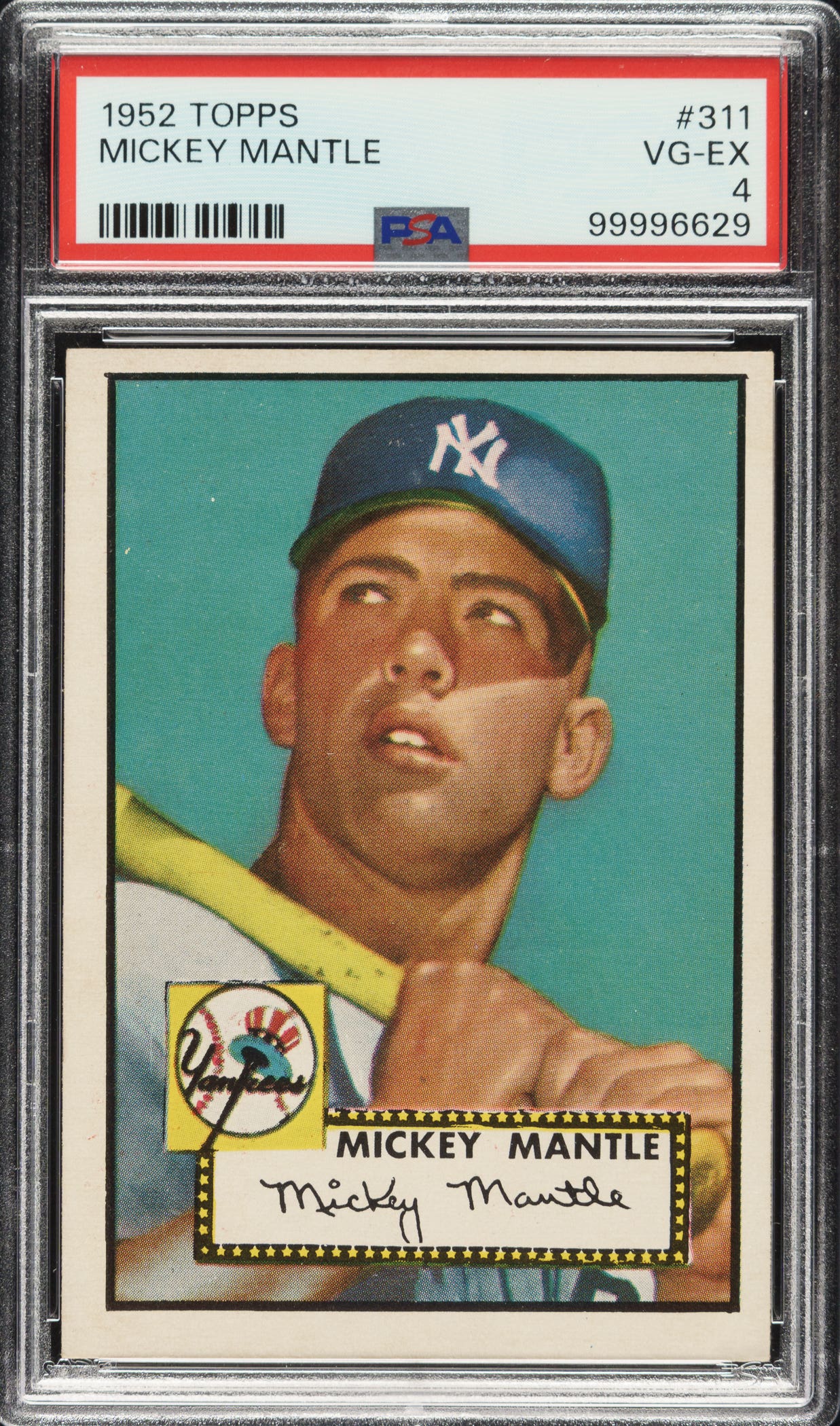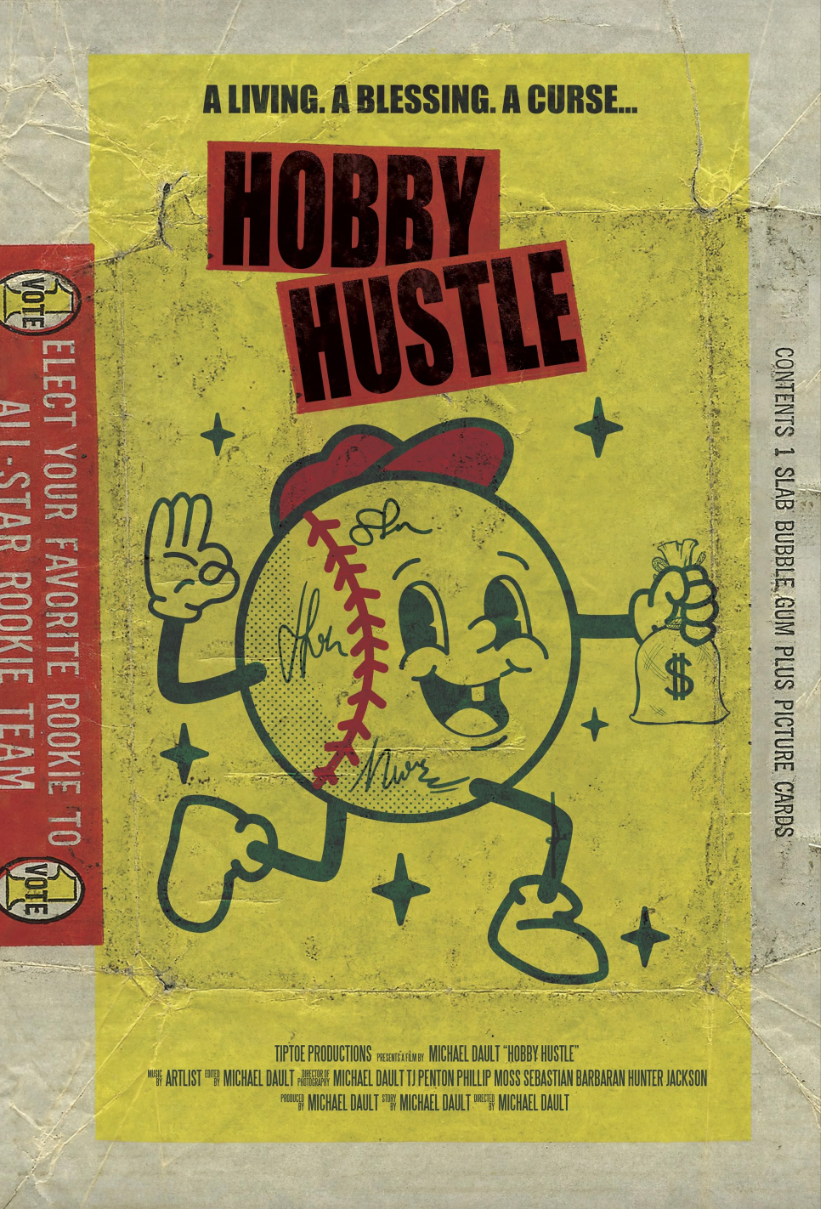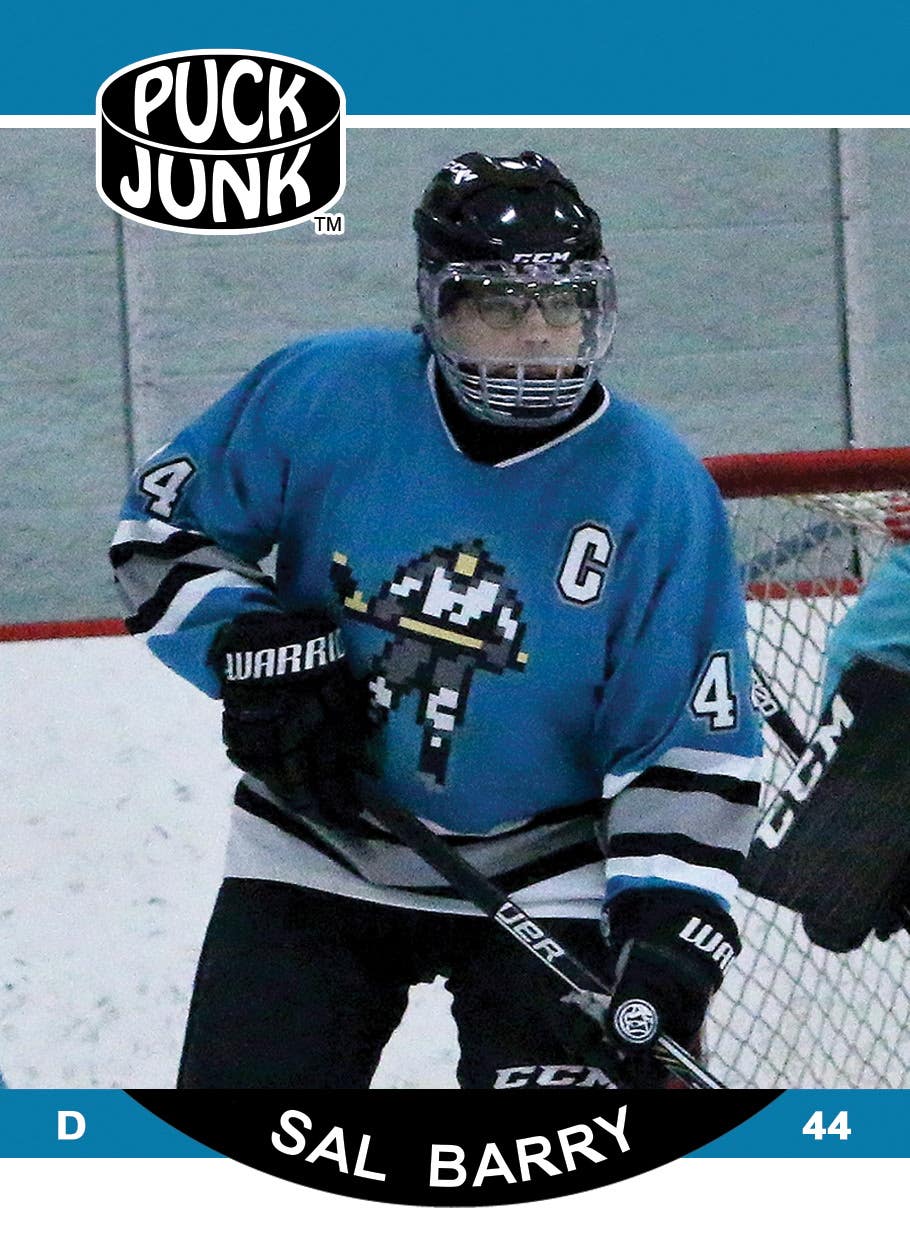
News
The 1960 U.S. Olympic men’s hockey team was the first ‘Miracle on Ice’
By Greg Bates
When Al Michaels uttered the six famous words, “Do you believe in miracles? Yes,” after the U.S. men’s hockey team upset the Soviet Union en route to winning the 1980 Olympic Games, the prominent television announcer could have easily been describing another Team USA squad.
It was 20 years before the official “Miracle on Ice” when the U.S. men’s hockey team stunned the world by capturing gold in the 1960 Olympics.
As soon as the U.S. knocked off the Russians in the semifinals of the ’80 Olympics and went on to beat Finland for the gold, the ’60 team became overshadowed. But the ’60 team won the country’s first gold in the sport, and in improbable fashion.
Coach Jack Riley led 17 amateur players to stardom in Squaw Valley, Calif. The ’60 squad is still the only U.S. men’s hockey group to go through the Olympics without a loss or tie.
Nearly 60 years later, the ’60 team has lost the notoriety it greatly deserves.
“Jackie Riley used to get really upset at that, but it never bothered me,” winger Bill Cleary told Sports Collectors Digest. “I said, ‘Hey, we know what we did.’ I’ll tell you, I do hear that from a lot of people, not so much from our own team. But here’s a lot of people saying, ‘Wait a minute, you guys are the first miracle, not the ’80 team.’
Because no one gave us a chance. In fact, we were equally if not more so than an underdog at that time, and we won it.
“But as I’ve always said, the difference between ’80 and the ’60 team, their film was in color, ours was black and white.”
U.S. goalie Jack McCartan notes there are plenty of similarities between the ’60 and ’80 squads.
“The Russian team that they beat in ’80 was a much better Russian team than we played,” McCartan said. “The one we played had won the previous Olympics in ’56, so they were good, but they weren’t anything like the ’80 Russian team. But then you look at the ’80 team didn’t have to play the Canadians, and the Canadians were as big a hurdle as the Russians.”
Overshadowed or not, the ’60 Olympic team is certainly a bunch of guys who have earned the right to be household names. Players such as Bill and Bob Cleary, McCartan, John Mayasich, Jack Kirrane and Roger and Bill Christian were the glue that held the team together and brought home Olympic gold.
The Soviet Union and Canada came into the ’60 Olympics as the favorites. The U.S. wasn’t even in the conversation despite taking silver in the 1956 Games. Five guys from the ’60 team – Bill Cleary, Mayasich, Weldy Olson, Dick Meredith and Dick Rodenhiser – had played in the previous Olympics held in Cortina d’Ampezzo, Italy.
“Not many people gave us much of a chance,” said Bill Cleary, with a thick Massachusetts accent. “I remember all the press, I think they were picking us to finish 12th, and there were only nine teams in the finals – that’s what they thought of us.”
The guys enjoyed being the underdogs. The Americans flew under the radar, even playing in their home country. McCartan believes it was to USA’s advantage to be overlooked in the tournament.
��Maybe they weren’t taking us as serious as some of the other teams,” McCartan said. “But like I say, if you look at our roster and you look at the two Clearys and Bob McVey on one line, and they’re all top-notch hockey players. And then we had the two Christians and Tommy Williams, and they’re great hockey players – that whole line and you had Weldy Olson with Pauly Johnson. Pauly was one of the premiere hockey players in Minnesota for his age at that time, one of the best offensively if not defensively. Also, Meredith and Rodenhiser, Grazia – they were all good hockey players. And the defense was good.”
Olson remembers the team was picked to finish fifth entering the tournament.
“When people think of the ’60 team and so many articles said that a bunch of carpenters and insurance men and so on got together and played,” said Olson, who played collegiately at Michigan State. “We actually had over 30 years of international experience between the guys.”
Olson said there were only two guys at the pre-Olympic training camp who hadn’t played internationally. It was a group of players who knew how to compete at a high level on the biggest stage.
The guys took a positive outlook into the 10-day tournament, and they were determined to do well.
“To be honest with you, I think it was just a case of a lot of young fellas – we just didn’t have no other idea of doing anything else but to win,” Cleary said. “We never even talked about the other parts of it. To me, that’s the name of the game.”
Making of a champion
Team USA started to take form in 1959 for the following year’s Olympic Games.
National team members and camp invitees held practices at the University of Minnesota. Riley, who coached Army at the time, pared down his list to 25 players he was going to take with him to West Point. Olson recalls Riley telling the players he would post a sheet of paper with the names who made the cut. What Riley meant to say was he was posting a list of the players he was cutting. When the list was out, there was a great deal of confusion.
“Jack (McCartan) looked at the list and said, ‘Boy, they cut some really good guys,’” Olson said.
McCartan’s name was on the list. He wasn’t invited to West Point.
Years later, Riley told Olson that McCartan was cut because of some bad outings by the goalie during international competition in 1959.
But when the goalies who made the cut got to West Point, they weren’t impressive between the pipes.
“We could score all the time on these guys,” Olson said. “So Jack (Riley) was asked, ‘What the hell are you going to do?’ And they said, ‘Get McCartan back.’”
That’s what Riley did. He brought back McCartan to compete with Larry Palmer, who was Riley’s goalie at West Point.
Team USA spent a few months prior to the Olympics playing exhibition games against international teams. Riley had set his 17-man roster, but just a few weeks before heading to Squaw Valley, the coach made a few roster adjustments. He added brothers Bill and Bob Cleary and Mayasich, a smooth offensive defenseman. Herb Brooks, who would later coach the ’80 team to Olympic gold, was the final cut from the team.
Dropping and adding three players so close to the Games wasn’t the ideal situation for Team USA. It ruffled some feathers in the locker room, that’s for sure.
“Some of the guys were upset they weren’t there for the whole deal, and they just came when we were in Denver I guess, right before we went to L.A.,” McCartan said. “They were a little upset, but that didn’t last – maybe a day. Seriously.”
The Americans played a few exhibition games in Los Angeles against Czechoslovakia before making the 500-mile trip up the coast to Squaw Valley.
Like the 1980 team, the ’60 squad got to compete on its home land. Crowds for the hockey games were certainly in USA’s favor.
“The rink out there, I don’t know held 8,500, but they had something like 10,000 people for some of our games,” McCartan said. “They were stacked all over. You couldn’t get a ticket and it was a big ticket out there. They helped a lot. When you’re going good and you have the crowd behind you, that’s got to be a plus.”
Sweeping the field
The U.S. was placed into Group C in the nine-team Olympic field. In the preliminary rounds, the Americans downed Czechoslovakia 7-5 before trampling Australia 12-1. That advanced the U.S. into the medal round. Back in ’60, the tournament was a round-robin style, so there wasn’t a true gold-medal game.
“I think once we won the first two games we gained confidence and we just felt we could beat anyone,” Cleary said. “I think we were all saying to ourselves, ‘We’ve come this far; we’ve got to win it.’”
Team USA dispatched of Sweden 6-3 and Germany 9-1 to set up a showdown with fellow unbeaten and gold-medal favorite Canada on Feb. 25, 1960.
Bob Cleary scored in the opening period to give the U.S. the lead. In the second period, Johnson intercepted a Canadian pass and was all alone crossing into the opponent’s zone.
“He got over the blue line and shot and beat the Canadians goalie,” McCartan remembers. “I said, ‘Well, what the hell did you do that for, Pauly?’ He said, ‘Well, I thought I had him beat.’ I said, ‘Oh, Jesus.’ He was that kind of a player, you know.”
Olson was on the ice for the shift with Johnson and also questioned his linemate.
“I said, ‘What the hell where you doing, Pauly? You could have went in,’” Olson said. “He said, ‘Hell, I had him beat.’ That’s Pauly. Pauly wanted to get off the ice, so he let it go.”
A 2-0 lead after two periods was ample for the Americans as McCartan saved 38 shots, allowing just a third-period goal, in a 2-1 victory.
“The Canadians were real rivals of us,” McCartan said. “Over the years we played I don’t think we ever beat them. Tied them maybe once, I don’t know. That was the most pleasurable game.”
“If we didn’t beat Canada, I’m not so sure we would have beaten the Soviet Union,” Olson said.
Cleary remembers hearing TV announcer Bud Palmer say the U.S.-Canada game was the most watched sporting event to date in the history of television.
Two nights after the victory over Canada, Team USA took on the reigning Olympic champion Soviet Union. The Russians were coming off their first Olympic gold in ’56 and were also unbeaten in the tournament. The Soviet Union was essentially a bunch of professional players, part of the Red Army.
The Americans trailed 2-1 after a rocky first period.
“They had different rules then, like if you had a two-minute penalty and they scored, the guy didn’t come out of the box,” McCartan said. “I think we were shorthanded there two men for a period of time in the first period. We were fortunately getting out of the first period losing 2-1. They could have had a lot more, we had some penalties.
“Then, another thing, if you had a penalty and you iced the puck then they would bring it back like it was a regular icing. That made it a little bit different.”
Just like the ’80 team, the U.S. had to come from behind to down the Russians.
The Christian brothers took over in the final two periods as Roger fed Bill to tie the game in the second and the combo connected again in the third as the Americans won 3-2.
“It was a pleasure beating them, to be honest about it,” McCartan said.
There wasn’t much time for the U.S. players to celebrate the victory since they had an 8 a.m. game the next morning against Czechoslovakia.
“I think (the tournament organizers) thought the Canadians and Russian game which was the last game would be the key game,” Cleary said. “But we kind of spoiled their fun.”
The U.S., which had already beaten the Czechs in the opening round, needed a little time on the ice to wake up on Sunday morning, trailing 4-3 after two periods. Then the floodgates opened as the Americans scored six third-period goals, led by Roger Christian’s three goals, to pull off a 9-4 victory.
“It was a great moment,” Cleary said. “I don’t think it hit us until sometime after that, because we were just going on adrenaline.”
McCartan said the on-ice celebration after the game was one of the best parts of the tournaments. The guys tried to continue celebrating off the ice as well.
“We were in Squaw Valley and there’s nothing around there, it’s a resort,” McCartan said. “There wasn’t much you could do. We had a few beers – I don’t know where we got them – just sat around, had a few beers. I think Mayasich went back the same night. He was at work Monday morning. Then everybody the next morning, Monday morning, were going their own ways. We didn’t have a heck of a lot time to celebrate.”
Winning the gold medal is still one of the biggest thrills of McCartan’s life, who helped the University of Minnesota baseball team win the national title in 1956.
It was special for the players to be the first U.S. men’s hockey team to capture the gold.
“The first of anything is really special,” McCartan said. “We went undefeated and we beat teams that we don’t normally beat in international competition: the Canadians, the Russians, the Swedes, the Czechs. They were all tough games in past years. To go undefeated against that crowd was pretty good. To be the first to win a gold medal probably when you weren’t expected to do it, that was special.”
Cleary turned down a chance to play pro hockey out of college, and he’s so glad he did.
“That was the best move I ever made,” Cleary said. “If I would have done that I never would have played in Olympic Games, because pros couldn’t play in the Olympics at that time. Knowing what I know now, I could win 10 Stanley Cups, it wouldn’t equal marching in that parade.”
A special group of guys
The 17 players who made up Team USA in the 1960 Olympics was a well-rounded group. The Americans had three solid lines with eight wingers, three centers and four defensemen to go along with goalies McCartan and Palmer.
“The forwards did a good job both ways, the defense did a great job both ways and I did my job,” McCartan said.
The U.S. tallied 48 goals in the seven-game tournament, averaging 6.86 per contest. The team’s defense was just as solid, allowing 17 goals, 2.43 per game.
“Jack McCartan had a great tournament for us,” Cleary said. “Jackie Kirrane was a big, strong tough guy and he and John Mayasich was one of the best players that ever played, and he was back on defense. I think we had it solid up there, and also we had some guys that could skate – Tommy Williams and we had the Christian brothers. We had guys that could keep up and go with them.”
McCartan, who was named the best goaltender in the tournament and went on to play in the NHL for the New York Rangers, knew he had a pair of legends on defense in front of him.
“Jack Kirrane was a shot-blocking defenseman, plus he was physical, he took care of the front of the net. If anybody came around, he was physical with them,” McCartan said. “Of course Mayasich, he was the best hockey player I’ve ever seen in the states. I’m prejudice, but he’s smart and he can move the puck and he was just a great asset and a good balance for Kirrane.”
“I think part of it was the guys all just loved the game,” said Olson, who played for the national team from 1956-60. “Billy Cleary and Mayasich were outstanding as far as amateur hockey was concerned. Once we got them into the lineup, it was fine.”
Bill Cleary finished as the team-leader in points for the tournament with 14 (seven goals, seven assists). Fellow winger Billy Christian came through with 13 points and Mayasich added 12.
“When you play with Billy Cleary, you’re going to get points, I’ll tell you that right now,” Olson said.
Cleary didn’t play in the Olympics for the personal recognition, he was a team player through and through.
“As long as you put a puck in the net and you had a USA shirt on, that’s all that counted,” Cleary said. “I couldn’t have told you I was the leading scorer on the team after the tournament was over. But I could tell you we won a gold medal.”
Now 57 years after capturing the gold, the players from the 1960 team are getting into their early to mid-80s. As of January, eight of the team members have passed away: Kirrane, Johnson, Bob Cleary, Gene Grazia, Roger Christian, Tommy Williams, Robert Owen and Rod Paavola. Coach Riley died in February 2016 at age 95.
The the team members who are still alive still cherish what they accomplished in the Olympics. One lifelong memory they all share is watching Kirrane, the team’s captain, represent the U.S. during the medal ceremony. Kirrane stood high on the pedestal with his teammates nearby.
“That was really one of the great moments when I sat there and watched Jack Kirrane,” Cleary said. “This tough Irishman from Brookline (Mass.) with the jaw sticking out, tough as nails, and he was standing up there in the No. 1 position getting the gold medal. His knees were shaking, his hands were a pool of perspiration, and I said, ‘Look, that’s what it’s all about right there. That’s what it’s about.’ That’s what it meant to all of us.”
Greg Bates is a freelance contributor to Sports Collectors Digest and can be contacted at gregabates@gmail.com.

